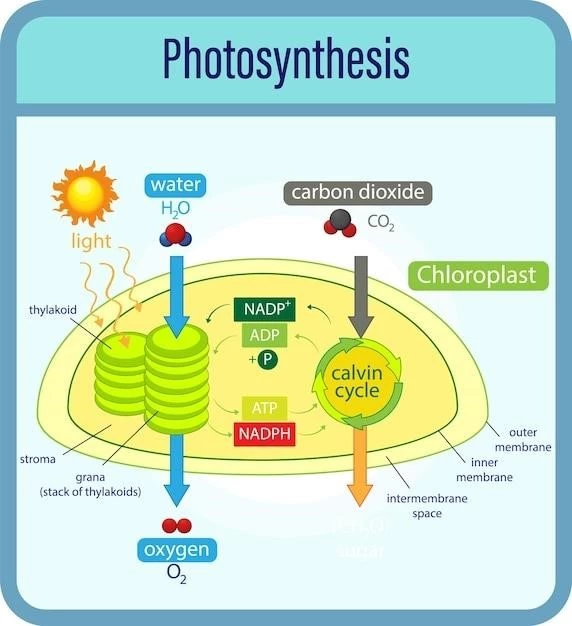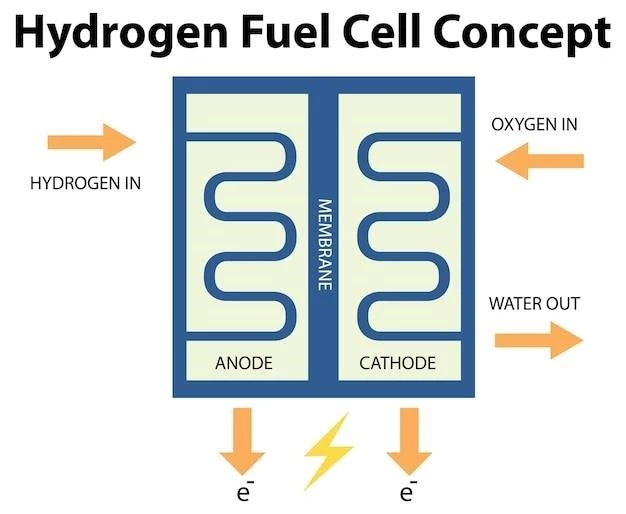Purine nucleoside phosphorylase deficiency is a rare autosomal recessive metabolic disorder resulting in immunodeficiency.
Definition and Prevalence
Purine nucleoside phosphorylase deficiency (PNP deficiency) is a rare autosomal recessive metabolic disorder resulting in immunodeficiency. It is characterized by a shortage of white blood cells‚ specifically T-cells‚ leading to recurrent infections and various associated complications. PNP deficiency is a rare genetic condition with limited prevalence worldwide‚ affecting a small percentage of individuals‚ typically manifesting in the first year of life. Genetic screening is essential for an accurate diagnosis of this condition.
Symptoms and Clinical Presentation
Purine nucleoside phosphorylase deficiency may present with recurrent infections and various neurologic symptoms affecting motor function and development.
Recurrent Infections
Purine nucleoside phosphorylase deficiency often presents with recurrent infections due to a shortage of white blood cells‚ particularly T-cells‚ compromising the immune response.
Neurologic Symptoms
Individuals with purine nucleoside phosphorylase deficiency may experience neurologic symptoms such as muscle stiffness‚ coordination issues‚ developmental delays‚ and intellectual disability.
Diagnosis and Diagnostic Markers
Hallmark diagnostic markers of PNP deficiency include hypouricemia‚ absence of PNP activity in red blood cells‚ and increased inosine and guanosine levels.
Hallmark Diagnostic Markers
Hypouricemia‚ absence of PNP activity in red blood cell lysate‚ and elevated levels of inosine and guanosine are key diagnostic markers for identifying Purine Nucleoside Phosphorylase deficiency.

Genetics and Inheritance
Purine nucleoside phosphorylase deficiency is inherited as an autosomal recessive trait‚ leading to immunodeficiency due to decreased T-cell counts.
Autosomal Recessive Inheritance
Purine nucleoside phosphorylase deficiency is inherited in an autosomal recessive manner‚ requiring two copies of the mutated gene for the condition to manifest.
Treatment for Purine Nucleoside Phosphorylase Deficiency may include low-purine diets and genetic screening for accurate diagnosis and management.

Treatment and Management
In addition to low-purine diets recommended for related conditions‚ genetic screening plays a vital role in the accurate diagnosis and management of Purine Nucleoside Phosphorylase deficiency.
Genetic Screening
Genetic screening is vital for accurate diagnosis and management of Purine Nucleoside Phosphorylase deficiency‚ aiding in determining the specific genetic mutation causing the condition.
Research and Future Perspectives
Advancements in genetic screening technologies offer a promising outlook for early detection and personalized management of Purine Nucleoside Phosphorylase deficiency.
Latest Research Findings
Recent research on Purine Nucleoside Phosphorylase deficiency has focused on enhancing genetic screening technologies for early detection and personalized management‚ offering hope for improved outcomes and potential targeted therapies.
